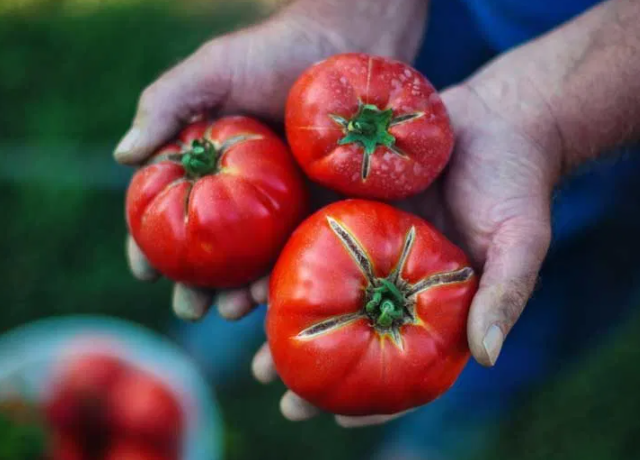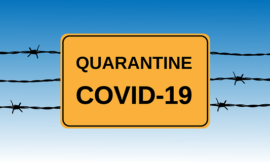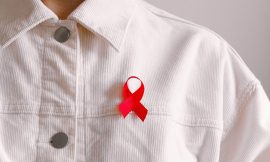Maintaining a good nutrition is a part of perfect lifestyle, now a days peoples are more concerned about health nutrition etc. But people are not well know by the nutrition facts , then only we can follow particular nutritional chart for us and our family.
Check out these 11 nutritional facts for healthy diet.
1. You Don’t Need to Eat Every 2–3 Hours
Some people believe that having smaller, more frequent meals may help them lose weight. However, some studies suggest that meal size and frequency have no effect on fat burning or body weight.
Eating every 2–3 hours is inconvenient and completely unnecessary for the majority of people. Simply eat when you’re hungry and be sure to choose healthy and nutritious foods.
2. Eat Your Vitamins
Many people worry that they are not getting the daily amount of vitamins their bodies need. This results in people taking multivitamins as a way to reach the recommended daily amount, but the best way for people to get their vitamins is by eating them. Why? A diet of whole grains, vegetables and fruits offers the vitamins and minerals that meet the body’s needs. A person who takes multivitamins can easily exceed the daily recommended amount of vitamins that his or her body needs. That’s why it’s important to consult with a doctor or dietitian about what supplements or multivitamins make sense for you.
3. Meat Doesn’t Rot in Your Colon
It’s entirely false that meat rots in your colon. Your body is well equipped to digest and absorb all the important nutrients found in meat. The protein gets broken down in your stomach by stomach acids. Then, powerful digestive enzymes break down the rest in your small intestine.
Most of the fats, proteins, and nutrients are then absorbed by your body. While small amounts of protein and fat may escape digestion in healthy people, there is not much left to rot in your colon.
4. Juice is Filled with Sugar
Fruit juice is yummy, but it’s filled with sugar and can be pretty bad for us. Many types of fruit juice contain lots of highly-concentrated added sugar, which is hard for the body to process. One-hundred percent juice is a healthier option, as it doesn’t contain added sugar: just the natural sugar that comes from fruit. Whole fruits are filled with many nutrients and antioxidants, including fiber, which can slow down the body’s absorption of sugar.
5. Eggs Are One of the Healthiest Foods You Can Eat
Eggs have been unfairly demonized because their yolks are high in cholesterol.However, studies show that cholesterol from eggs doesn’t raise blood cholesterol in the majority of people.
New studies that include hundreds of thousands of people show that eggs have no effect on heart disease in otherwise healthy individuals. The truth is, eggs are one of the healthiest and most nutritious foods you can eat.
6. You Can Eat Fats
There are many kinds of fat, some which are good and some that are bad. Our bodies depend on fat to protect the organs and retain body heat. Vitamins A, D, E and K are fat-soluble, meaning they depend on fat to be transported throughout the body. People who give up fats to be healthy are actually giving up these essential vitamins, which could result in a vitamin deficiency. Trans and saturated fat intake should be limited, as these fats can raise cholesterol levels. Unsaturated fats do the opposite. They can lower bad cholesterol levels and offer many heart health benefits. Foods rich in unsaturated fats are:
- Avocados
- Seeds
- Fish
- Soybeans
- Flaxseed
- Olive oil
7. Feeding Your Gut Bacteria Is Critical
People are really only about 10% human — the bacteria in your intestine, known as the gut flora, outnumber your human cells 10 to 1. In recent years, research has shown that the types and number of these bacteria can have profound implications for human health — affecting everything from body weight to brain function.
Just like your body’s cells, the bacteria need to eat — and soluble fiber is their preferred fuel source. This may be the most important reason to include plenty of fiber in your diet — to feed the beneficial bacteria in your intestine.
8. Protein Isn’t the Best Source of Energy
For an athlete, exercise breaks down proteins in the muscle, making protein an important nutrient to consume regularly. Despite an athlete’s need for protein, using protein as a source of energy can actually compromise the restoration of muscles. It’s often believed that consuming protein in large amounts results in muscle mass, but that is false! Only physical activity can increase muscle mass.
9. Sodium Isn’t Always Bad
This one is tricky. Sodium helps regulate blood pressure and volume, but too much sodium over time can cause high blood pressure. Foods that are highly processed are often packed with sodium. Changing the diet to lessen salt intake could lead to a reduced risk of heart disease, stroke, kidney damage and high blood pressure. The American Heart Association recommends that we take in less than 1,500 mg of sodium daily; check with your primary care provider or a dietician to determine what number is right for you.
10. Cholesterol Isn’t the Enemy
What people generally refer to as “cholesterol” isn’t really cholesterol. When people talk about the so-called “bad” LDL and “good” HDL cholesterol, they’re really referring to the proteins that carry cholesterol around in your blood.
LDL stands for low-density lipoprotein, whereas HDL refers to high-density lipoprotein. The truth is, cholesterol is not the enemy. The main determinant for heart disease risk is the type of lipoproteins that carry cholesterol around — not cholesterol itself. For most people, dietary cholesterol has little or no effect on lipoprotein levels.
11. Drink Plenty of Water
Water is essential as it is in every part of us! Water is in every organ, tissue and cell in our body. It helps keep your body temperature normal, protects your spinal cord and lubricates the joints. If that’s not enough to convince you, water also flushes through our vital organs, which helps them stay in tip-top shape. If you don’t have enough water in your body, you can become dehydrated.





